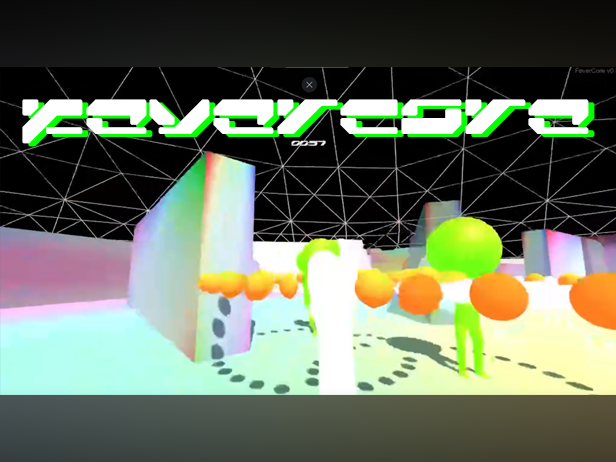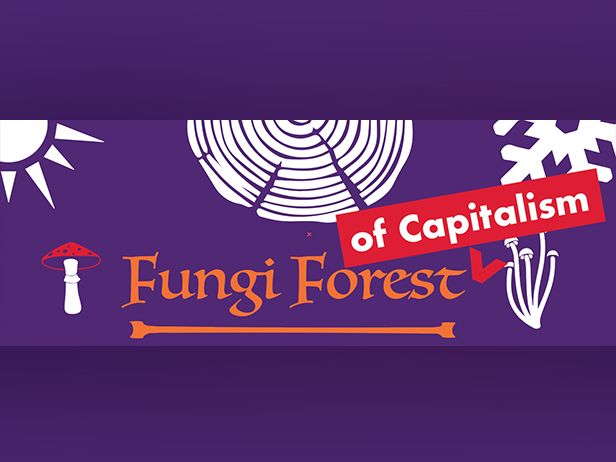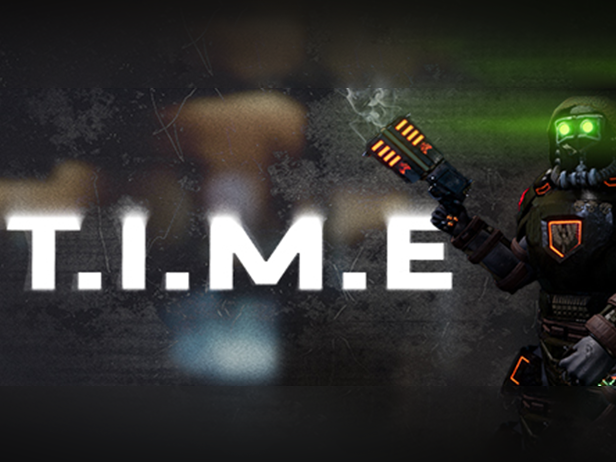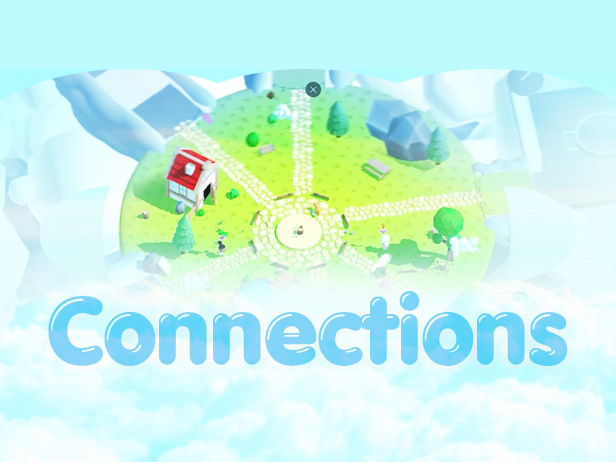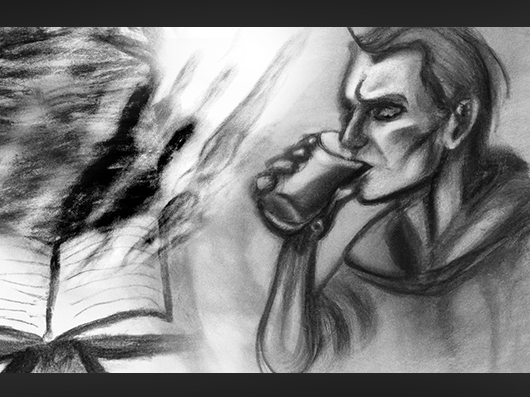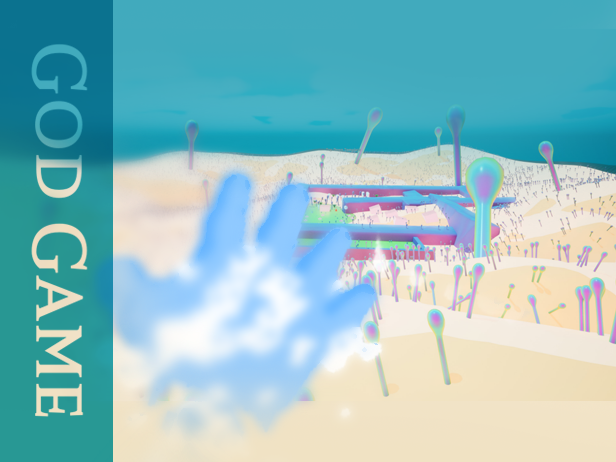4 Week Production | Board Game & Excel | Solo Project
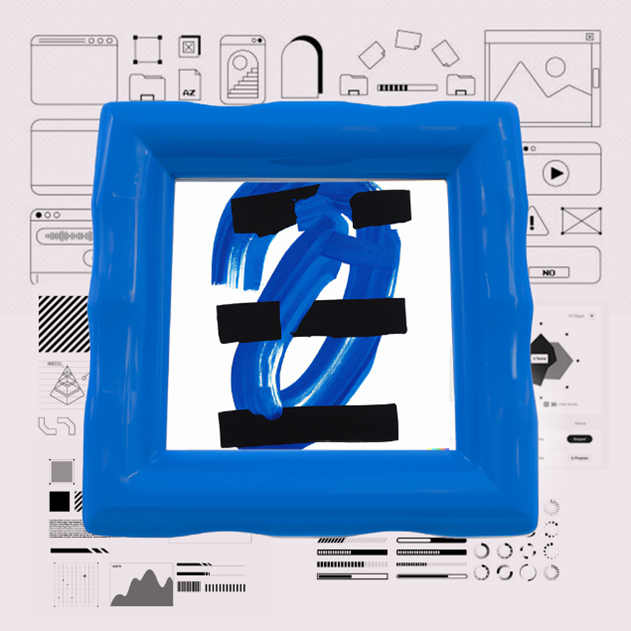

Merchant of Babel was a study of game economies in the form of a Board Game Prototype & Spreadsheet Simulator Prototype. It was an exploration in speculative economies looking at digital economies such as NFT's and physical based markets such as the Art Market.
The prototype places players as an art buyer who must evaluate a procedural stream of artworks whose data drove the artworks value and various characteristics which dynamically shifted based on micro artwork features and macro market changes. The goal was to simulate the narrative of art markets as experienced by individual players.
Core Lessons:
Balancing Economies to be both dynamic and predictable by using Music Measure Theory and Harmonies.
Data Driven Design (In Practice)
Designing Non-Fungible Economies
Possibilities of Emergent Narrative in Economy Design
Procedural Generation, Player Driven Economies & Future roles of AI (LLM) Models
Game Design Document Sample
The game is an art trading simulator where unique artworks are generated using Procedural Generation & AI images based on various prompts such as shape, colour, style, and medium.
Players barter with NPCs to purchase these artworks and then can either sell them back to NPCs, participate in auctions, or hold onto them for future sales.
The value of artworks is based on the sum of sub-categories that are cyclically fluctuating in price, creating a dynamic virtual art market.
Players have imperfect information about these sub-categories, so they must make educated guesses to turn a profit.
The game also has a progression system, where players can earn experience points, level up, and gain reputation to unlock skills and gain an edge in the market.
The game is a single-player Rogue-like where going bust is all part of the game and taking on debt via consignments is a risky way to make it big. Make your mark by finding the next masterpiece and changing the world of Babel forever!
Trust your gut, learn the market and master the art of the deal.
